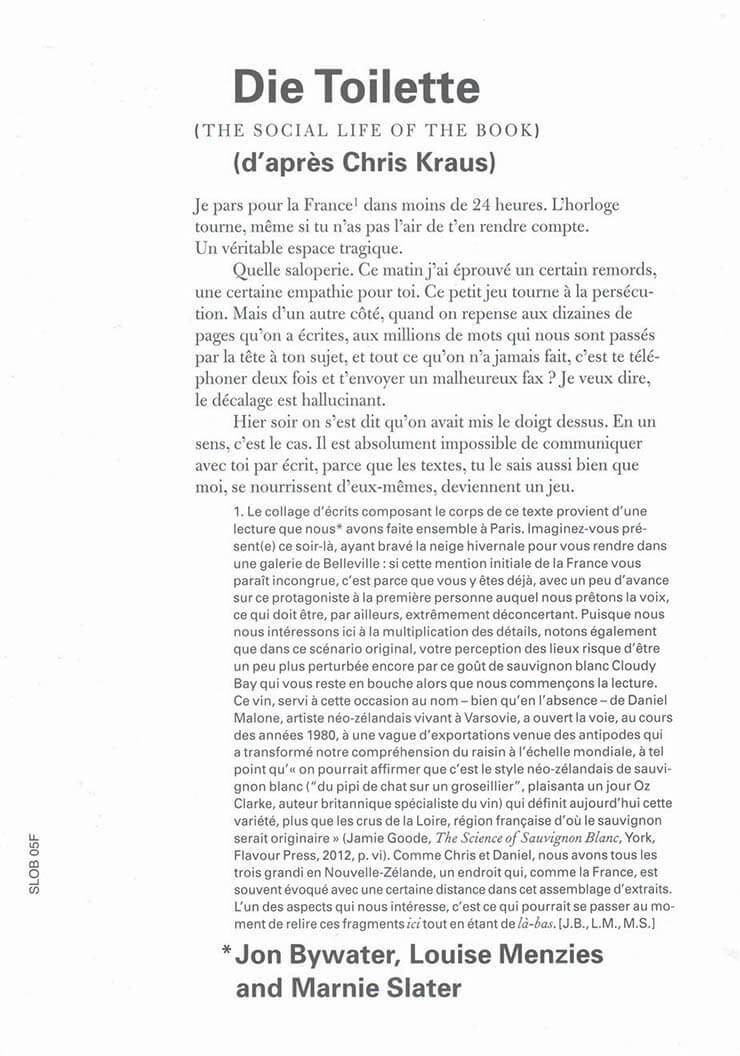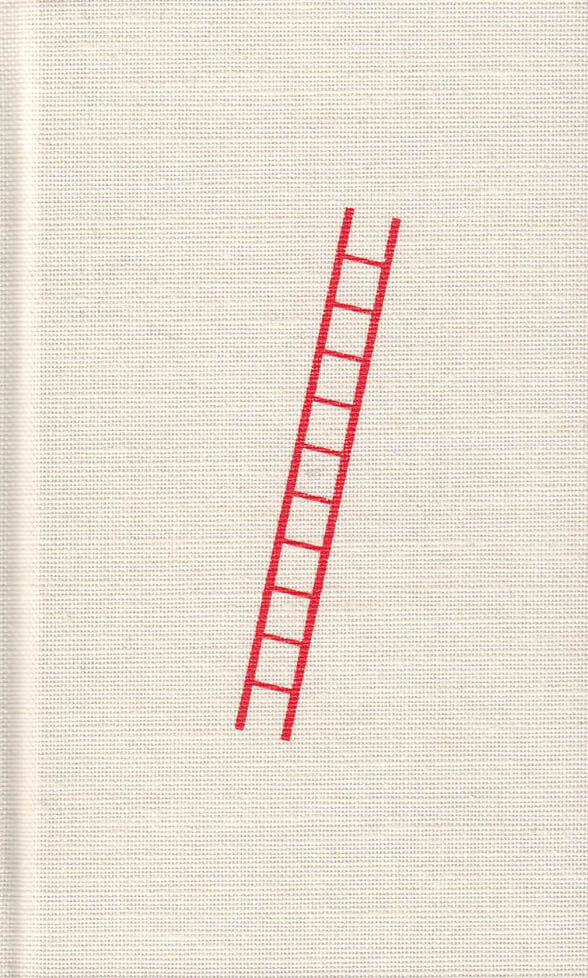Chris Kraus
Chris Kraus
And more

Library
LIBRARY contains four essays and two interviews, with the pre-dominant concern of sexual questions: the subjects in art, film, and literature—the issues tied to Rivette’s La Belle Noiseuse, Madonna’s sexual assault in Dangerous Game, Clunie Reid’s use of language, Richard Prince’s obsession with books, and Paul Meyersberg’s articulation about sex.
‘Like Carol Reed’s crippled trapeze artist now devoted to sensuality, Paul Buck is more than a suitable case for treatment. A personable deviant, Buck’s culpable, desiring proximity steeps these writings, inasmuch as they are apostrophised by his appearance in cameo, inside and outside the text. Buck stalks his work, addressing us in collusive asides. Rather than the disinterest of resistable objectivity, Buck’s criticism is moved by a profound personal investment in his subjects; he does not elide his complicity, nor does he quiet moral considerations. Discussing Richard Prince’s library or Madonna’s instrumentality, Buck makes the possessive, accountable case throughout. His underlying subject is the snarl of art and life, and the perils that abound in their confusion in the personal and their forced dichotomy in culture at large. Art, for Buck, cannot be an apology for the failures of experience, but instead is a compulsive and risky exposure, like a heretical grace, modelling life for our benefit.’ - Ed Atkins
‘Translator, poet, collagist, archivist, novelist, and all-around intellectual impresario, Paul Buck has a formidable knowledge of culture that he shines like a laser in LIBRARY on Richard Prince, Madonna, Abel Ferrera, and the erotics of painting and representation. He approaches the critical essay like a crime scene investigation. LIBRARY is a fantastic read’. - Chris Kraus

Die Toilette
Marnie Slater, Louise Menzies and 1 more

Traversals
TRAVERSALS is based on a series of conceptual interviews with Dora Garcia, Chris Kraus, Mark von Schlegell, Charles Stankievech, and Jacob Wren originally produced for an installation in an art gallery. As a re-issue of these texts, the publication continues K.'s interest in the book-as-exhibition. Each invited contributor has found a unique way to explore the hybrid spaces between genres and art forms, and the discussions focus especially on the role and relationship between visual art and writing.
While the interview process was rather formalized—with one set of five identical questions posed to each person in the first round, and then five individual questions asked in a second round in response to the first five answers—the texts themselves delight through a personal tone and a great openness for both idiosyncratic trajectories and unexpected traversals between the five different chapters.
Contributors: Dora Garcia, Chris Kraus, Charles Stankievech, Mark von Schlegell, Anna-Sophie Springer, Jacob Wren

Persona
PERSONA is the second magazine in a series in response to a series of meetings of female artists entitled "A conversation to know if there is a conversation to be had" held in New York, Amsterdam, Berlin and London in 2010-11. The first journal LABOUR, addressed the question of women's work, and used the lens of the feminist critique of unpaid labour to look at the contemporary condition of the artist. PERSONA as a jumping off point looks at the condition of self-presentation for the contemporary artist, but in an expansive manner encompasses discussions on embarrassment, refusal, interiority and identification.
Contributors: Rita McBride, Celine Condorelli, Avery Gordon, Isla Leaver-Yap, Eva Kenny, Melissa Gordon, Marina Vishmidt, Josephine Pryde, Sabeth Buchmann, Chris Kraus, Audrey Reynolds, Elisabeth Subrin, Alison Carr, Karolin Meunier, Sue Tate, Nadia Hebson, Jen Liu, Da